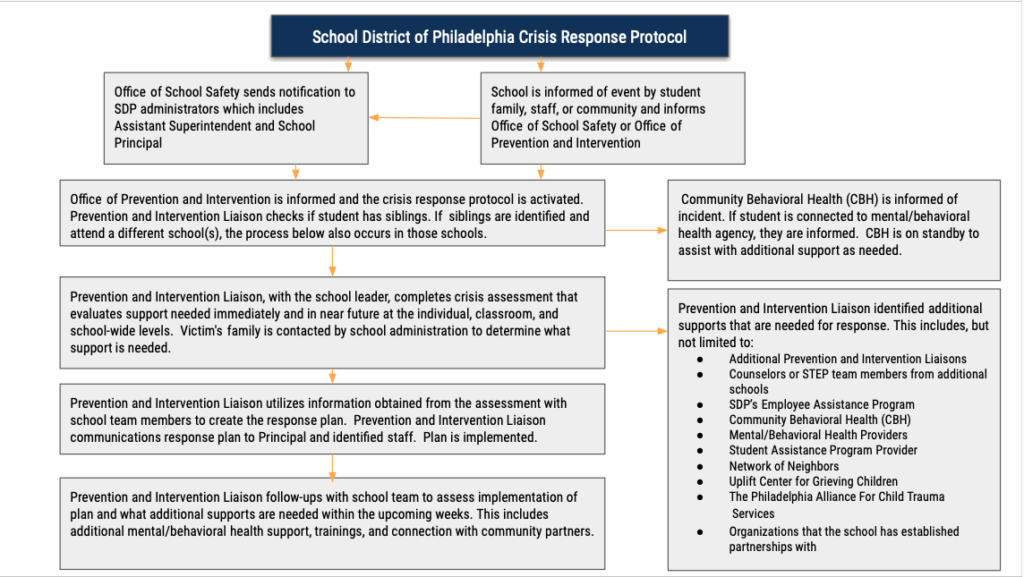| ABA | Applied Behavior Analysis |
| ADHD | Attention Deficit Hyperactivity Disorder |
| ADL | Activities of Daily Living |
| AOD | Alcohol and other Drugs |
| ASCA | American School Counselor Association |
| ASD | Autism Spectrum Disorder |
| BCBA | Board Certified Behavior Analyst |
| BCM | Blended Case Manager |
| BCM | Blended Case Management |
| BCM | Blended Case Management |
| BH | Behavioral Health |
| BHT | Behavioral Health Technician |
| BID | Best Interest Decision |
| BPAD | Bipolar Affective Disorder |
| BPD | Borderline Personlaity Disorder |
| BSC | Behavior Specialist Consultant |
| CBH | Community Behavioral Health |
| CBITS | Cognitive Behavioral Intervention for Trauma in Schools |
| CBT/TF-CBT | Cognitive Behavioral Therapy/ Trauma-Focused Cognitive Behavioral Therapy |
| CCIS | Child Care Information Services |
| CCIS | Child Care Information Services |
| CCPT | Child-Centered (or Client-Centered) Play Therapy |
| CHIP | Children's Health Insurance Program |
| CIRT | Children's Interim Response Team |
| CM | Case Manager |
| CMCT | Children's Mobile Crisis Team |
| CMIS | Children's Mobile Intervention Services |
| CPP | Child Parent Psychotherapy |
| CPT | Cognitive Processing Therapy |
| CRC | Crisis Response Center |
| CTSS | Clinical Transition and Stabilization Services |
| CUA | Community Umbrella Organizations |
| CUA | Community Umbrella Agency |
| D&A | Drug and Alcohol |
| DBHIDS/DBH | Department of Behavioral Health and Intellectual disAbilities Services |
| DBT | Dialectical behavior therapy |
| DHS | Department of Health Services |
| DX | Diagnosis |
| DX | Diagnosis |
| EBP/EBT | Evidence-Based Practices/Evidence-Based Therapy |
| ECM | Enhanced Case Management |
| EMDR | Eye Movement Desensitization and Reprocessing |
| ERP | Exposure and Response Prevention |
| ESSA | Every Student Succeeds Act |
| FBS | Family-Based Services |
| FFT | Functional Family Therapy |
| GAD | Generalized Anxiety Disorder |
| HIPAA | Health Insurance Portability and Accountability Act |
| IBHS | Intensive Behavorial Health Services |
| ICM | Intensive Case Manager |
| ICM | Intensive Case Manager |
| IEP | Individualized education plan |
| IOP | Intensive Outpatient |
| ISPT | Interagency Service Provider Team |
| ITP | Individual Treatment Plan |
| LC | Lead Clinician |
| LGBTQIA+ | Lesbian, Gay, Bi-sexual, Trans-gender, Queer/Questioning, Intersex, Asexual/Ally |
| LMFT | Licensed Marriage and Family Therapist |
| LOC | Level of care |
| LPC | Licensed Professional Counselor |
| LSCW | Licensed Clinical Social Worker |
| LSW | Licensed Social Worker |
| MA | Medical Assistance |
| MCRT | Mobile Crises Response team |
| MDD | Major Depressive Disorder |
| MET | Mobile Emergency Team |
| MT | Mobile Therapist |
| MTSS | Multi-Tiered System of Support |
| ODD | Oppositional Defiance Disorder |
| ODD | Oppositional Defiant Disorder |
| OMHSAS | Office of Mental Health and Substance Abuse Services |
| OPI | Office of Prevention and Intervention |
| OPT/OP | Outpatient Therapist/Outpatient |
| P&I | Prevention & Intervention |
| PCIT | Parent-Child Interaction Therapy |
| PE | Prolonged Exposure |
| PHP | Partial Hospitalization Program |
| PSCA | Pennsylvania School Counseling Association |
| PTSD | Post Traumatic Stress Disorder |
| RAD | Reactive Attachment Disorder |
| RSRI | Rapid Service Response Initiative |
| RTF | Residential Treatment Facility |
| RX | Prescription |
| SAP | Student Assistance Program |
| SBC | School Behavior Consultant |
| SIB | Self Injurious Behaviors |
| SRA | Suicide Risk Assessment |
| STEP | Support Team for Educational Partnership |
| SW | Social Worker |
| SX | Symptoms |
| TCM | Targeted Case Management |
| TF | Trauma Focused |
| TI | Trauma Informed |
| TIC | Trauma Informed Care |
| TX | Treatment |


